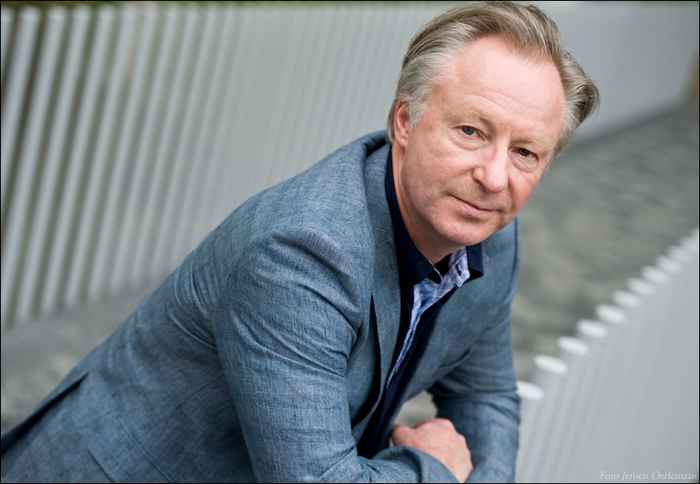Dr G. Muyzer
8 November 2011

Dr G. Muyzer has been named Professor of Microbial Systems Ecology at the University of Amsterdam’s (UvA) Faculty of Science. The chair has been set up within the Institute for Biodiversity and Ecosystem Dynamics (IBED) and falls under the UvA’s Systems Biology research priority area.
Gerard Muyzer will apply his expertise in systems biology to the study of microbial communities. Aided by the modern ‘-omics’ techniques (metagenomics, metatranscriptomics, metaproteomics), he will investigate the diversity and ecophysiology of microorganisms both within nature and in bioreactors. Using the results of these investigations, Muyzer will develop models of the bacterial metabolism and of their interaction (competition/coexistence) within the community. His research ties in with current work being conducted by the IBED Aquatic Microbiology research group on the ecology of cyanobacteria and other phototropic microorganisms. Muyzer will further be examining the molecular mechanism by which haloalkaliphilic sulphur bacteria adapt to extreme conditions of high acidity (pH) and saline concentration. In addition, he will be studying the diversification and niche differentiation of the Thioalkalivibrio sulphur bacterium, made possible by the United States-based Joint Genome Institute, which will be mapping the full genomes of 100 phyla.
Muyzer began his scientific career in molecular palaeontology, applying immunological and biochemical techniques to reveal original proteins in fossilised bones and shells. Inspired by the work of the American scientists Pace and Stahl, his research interests subsequently verged from dinosaurs to bacteria. In the field of microbiology, he introduced a fast and simple new method to study the structure and dynamics of microbial communities, known as ‘denaturing gradient gel electrophoresis’ (DGGE). These and other molecular techniques have enabled him to study the ecology of cyanobacteria and sulphur bacteria in different ecosystems. His recent work at TU Delft has been more practical in nature, focusing on desulfurising waste water and gas flows using bacteria isolated from soda lakes. These bacteria, which subsist under conditions of extremely high pH and saline values, convert toxic hydrogen sulphide into sulphur that can be reused for artificial fertiliser.